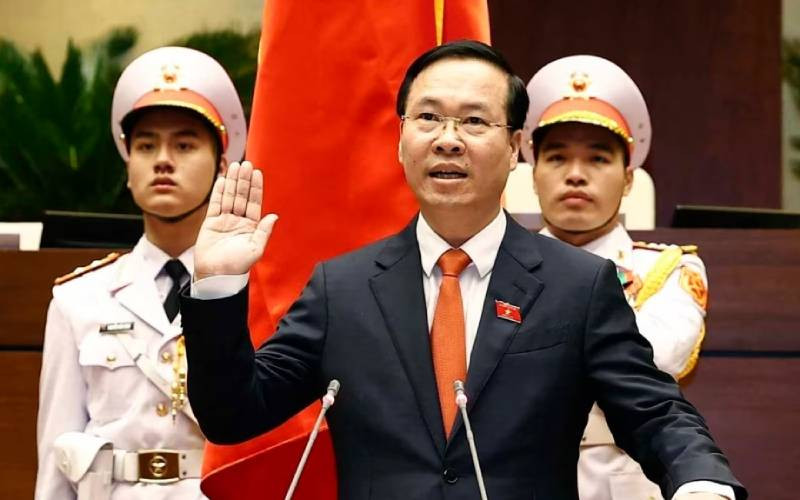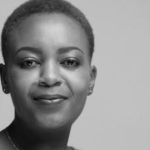The anti-graft purge has swept up several high-level politicians, rattling the international image of stability crafted by a government that usually carefully orchestrates any political movements.
This is what we know so far.
What is the anti-graft purge?
The anti-corruption drive has been led by the powerful General Secretary Nguyen Phu Trong. It has swept up members of the Communist Party, police, business and the armed forces.
It began several years ago but gathered pace during the Covid-19 pandemic, when officials and business people were accused of selling overpriced testing kits, leading to two deputy prime ministers being sacked and an ex-health minister jailed for 18 years.
Earlier this month the Ministry of Public Security said it was deepening an investigation into an infrastructure development company in three provinces, including central Quang Ngai, where Thuong was formerly the party chief.
At least nine officials were arrested — five in Thuong’s old province — with the public security ministry stating the firm had falsified financial statements in order to dodge taxes.
How has the top leadership been affected?
Since 2021, the politburo, the party’s decision-making body, has lost four out of 18 members, including Thuong and his predecessor as president.
Thuong, 53, was appointed in March last year under highly unusual circumstances after his predecessor Nguyen Xuan Phuc dramatically resigned as he was swept up in the anti-corruption purge.
Phuc was only the second Vietnamese communist president to step down, and the last one did so for health reasons.
What’s the wider significance?
The upheaval comes as Vietnam seeks increased foreign investment to develop its economy from low-value manufacturing jobs to high-tech industries.
During a visit last year, United States President Joe Biden announced deals to support the emerging computer chip industry in the country.
But a big part of Vietnam’s appeal to international investors lies in its perceived stability, with analysts characterising the turmoil as a “PR disaster”.
So, why did Thuong resign?
Thuong has not issued any public comment. But in a statement, the party said Thuong was guilty of “violations and shortcomings”.
No further details have been released. The Quang Ngai corruption probe is one possible explanation, but analysts have also pointed to machinations within the Communist Party.
In 2026 the party will hold its next five-yearly congress, the crucial gathering that selects the top leadership.
General Secretary Trong turns 80 next month and some observers say rival factions are already jockeying for position ahead of the congress.
And why is this unusual?
Authoritarian Vietnam is run by the Communist Party and officially led by the general secretary — the most powerful position in the party — the president, and prime minister.
Political changes are normally carefully orchestrated — with an emphasis on cautious stability.
Thuong had been in power for just over a year, making his term among the shortest in the country’s recent history.
He is also only the third president to have resigned. Prior to Phuc stepping down, only one other Communist Party president had left, citing health reasons.
Right. So, what next?
Current vice president Vo Thi Anh Xuan will become interim president while a new president is found. She was briefly elevated to the role around this time last year.



